
Sports activities of students of Bum To Primary and Secondary Boarding School for Ethnic Minorities
On March 12, 2025, the Government issued Decree 66/2025/ND-CP (Decree 66) replacing Decree 116/2016/ND-CP (Decree 116) on policies for kindergarten children, students, and trainees in ethnic minority and mountainous areas, coastal areas, islands... with many changes towards increasing the level of support for students in mountainous areas.
In the 2025-2026 school year, the Bum To Primary and Secondary Boarding School for Ethnic Minorities, Lai Chau province has 741 students. As a highland school, 100% of the school's students are children of the La Hu ethnic group (a very small ethnic group in Lai Chau province), the percentage of students from poor households accounts for over 75%.
Teacher Dinh Ngoc Linh, Principal of the school, said: Currently, the school has 1 main school and 7 schools in the villages, the farthest school is 22 km from the commune center. In recent years, the school has done a good job of implementing the State's policies and regimes for students in remote, isolated and extremely disadvantaged areas.
“Currently, the school’s students are enjoying two policies: Decree 66 on support for boarding students and Decree 81 on support for students’ study costs. The school pays for all policies and provides full meals for the students.
Decree 66 on policy support for boarding students is more complete than the previous Decree 116. Specifically, in addition to rice and food support, students are also supported with electricity, water, sports equipment, medicine, etc. Therefore, children of ethnic minorities have better conditions when studying at school," Mr. Linh shared.
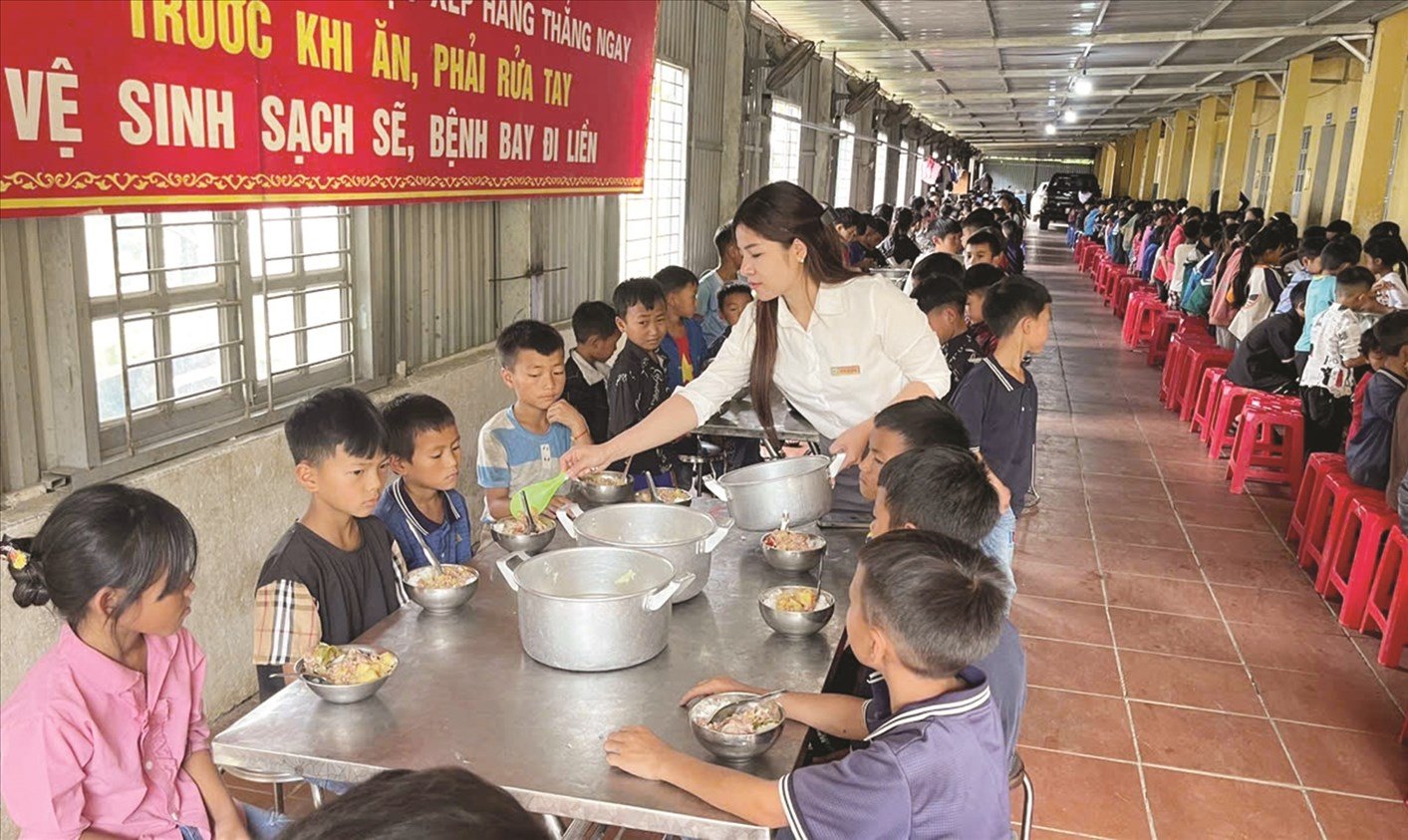
Meals for students of Y Ty Primary Boarding School for Ethnic Minorities
At Y Ty Primary Boarding School for Ethnic Minorities, Lao Cai province, the full and timely implementation of policies for students is always identified by the school's Board of Directors as the top priority task to ensure fairness in education and create the best conditions for students from especially disadvantaged areas to go to school.
The work of reviewing and making a list of beneficiaries is carried out seriously, with close coordination between the school, local authorities, and the parents' representative committee, ensuring no omissions or duplication. Support for food, accommodation, rice, textbooks and school supplies, etc. is carried out openly and transparently.
Teacher Tran Anh Khoa, Principal of the school informed: For the satellite schools, due to the nature of being in the center and the lack of facilities, the school has proactively assigned teachers to monitor the implementation of policies, ensuring that students of the satellite schools also enjoy the same benefits as students of the main school.
The school also coordinates with the commune authorities and parents to promptly transport and distribute rice and school supplies to schools, ensuring that students do not lack them. Along with that, the school regularly organizes inspections and supervision at schools, promptly removing difficulties during the implementation process.
“As teachers working at schools in mountainous areas, we are very happy and excited when Decree 66 was issued to replace the previous Decree 116 with many changes towards increasing the level of support for students.
Specifically, for medicine costs for students, Decree 66 stipulates 180,000 VND/student/school year, which is an increase of 130,000 VND compared to Decree 116. Similarly, for sports equipment support, it increased from 100,000 VND (Decree 116) to 180,000 VND/student/school year... Thereby, students who are children of ethnic minorities and poor households can go to school with peace of mind, limiting the situation of dropping out of school halfway, while creating motivation for teachers and students to strive together, contributing to the cause of developing education in mountainous areas", said Mr. Khoa.
The Northwestern provinces have long been considered the “poor core” of the country. The lives of ethnic minorities are still deprived, so the attention and care of their children for their living and studying conditions is still limited.
In that context, the promulgation and implementation of policies and regimes to support education in mountainous areas - especially Decree 66 - continues to affirm the deep concern of the Party and State for the cause of educating people in difficult areas. This is not only a material resource to help students feel secure in going to school, but also a great spiritual motivation, contributing to improving the quality of education in remote areas, ethnic minority and mountainous areas.
Source: https://vietnamnet.vn/chinh-sach-moi-tiep-them-dong-luc-cho-hoc-tro-vung-cao-2460170.html










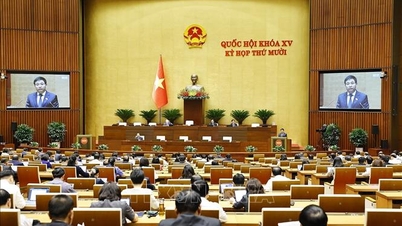

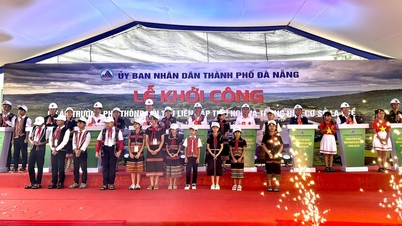

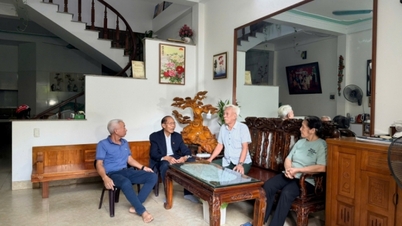

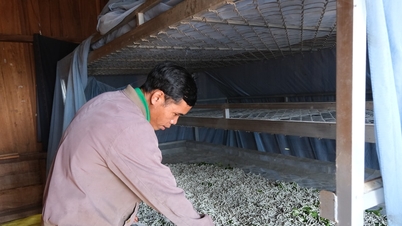

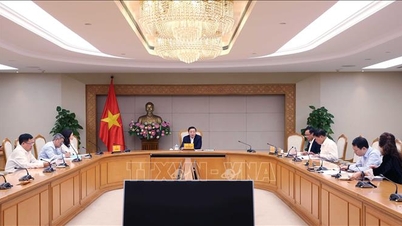





















![[Photo] General Secretary To Lam and National Assembly Chairman Tran Thanh Man attend the 80th Anniversary of the Traditional Day of the Vietnamese Inspection Sector](https://vphoto.vietnam.vn/thumb/1200x675/vietnam/resource/IMAGE/2025/11/17/1763356362984_a2-bnd-7940-3561-jpg.webp)


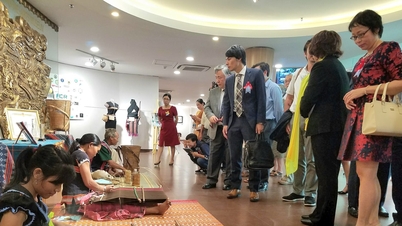








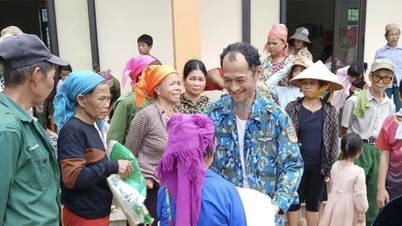










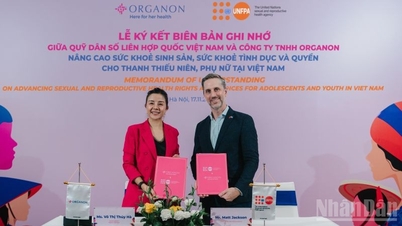










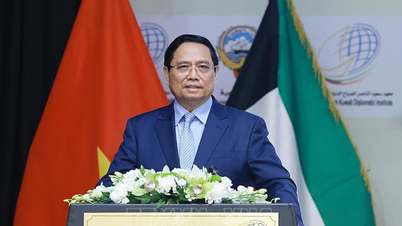













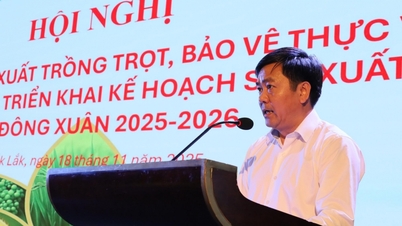

















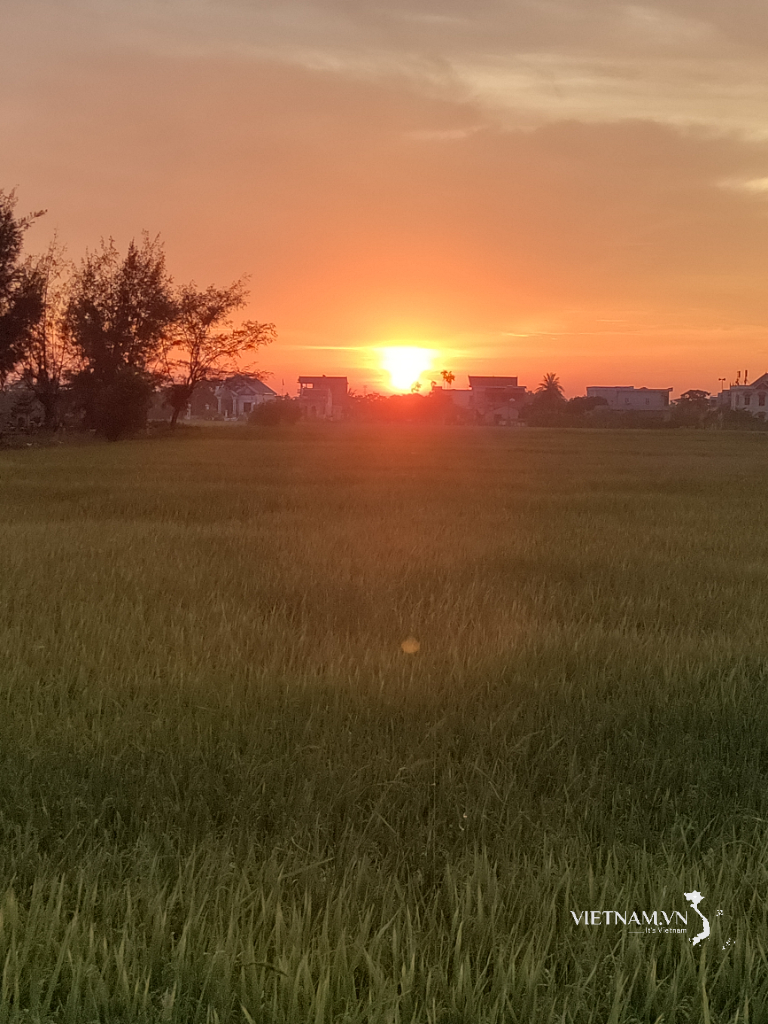
Comment (0)